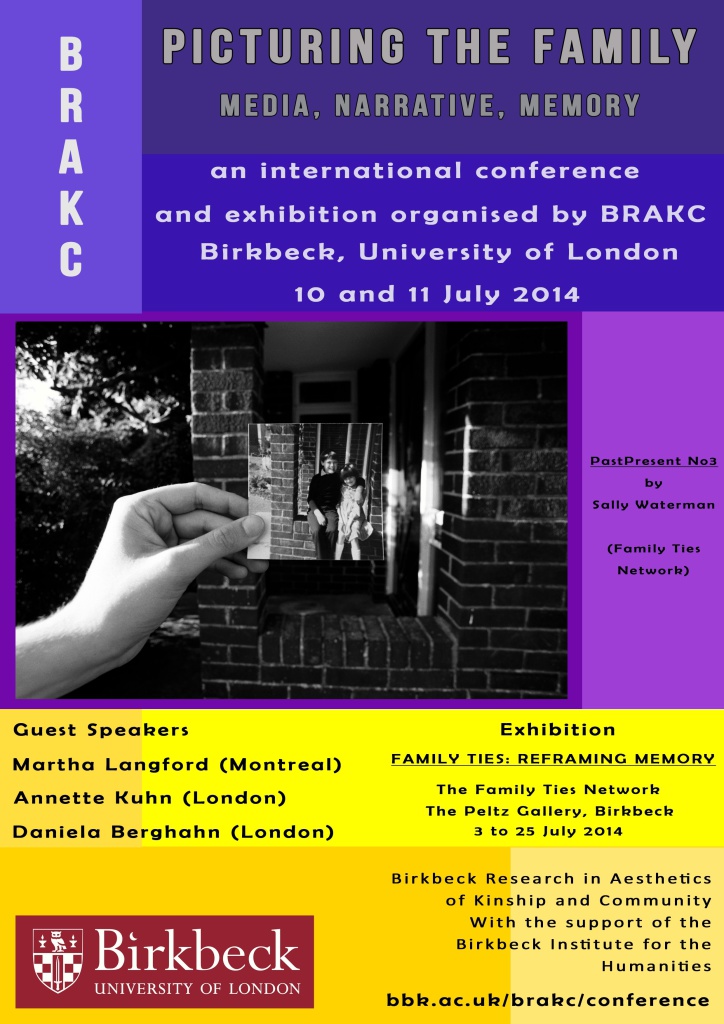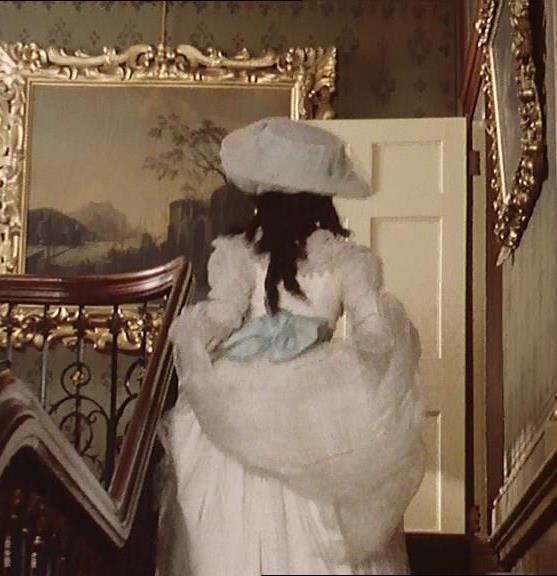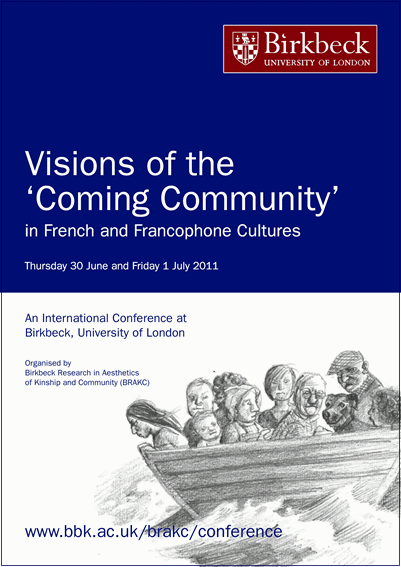International Conference
This conference is co-organised by CFFCS steering group member Dr Ann Lewis (Birkbeck, University of London) and Professor Christina Ionescu (Mount Allison University, Canada), together with the ILLUSTR4TIO network.
Illustration Studies Conference : New Approaches, New Directions
19 to 21 April 2023, London, UK
Conference Programme Illustration Studies has, in recent years, emerged as a new and vibrant discipline with its own journals, book series, conferences, websites, and research networks. The renewed interest and dynamic research in this field of study follows a period of long neglect by scholars, resulting from the uncertain cross-medial status of illustration and its position between disciplines. Indeed, the frontiers of this discipline remain nebulous and its terminology, key issues, and critical methods are in need of re-evaluation. By its very nature, illustration opens up a number of fundamental questions regarding the relation between text and image, the illustrated book and visual culture, artistry and reproduction. This three-day international and interdisciplinary conference will address these questions in a range of periods (from the early modern to the contemporary), across cultures (amongst others, England, France, Germany, Japan, Russia, and Sweden), embracing practical, theoretical, and historical approaches. The conference’s keynote speakers are Luisa Calè (Birkbeck) on ‘“Single Leaf Tales”: William Blake Unbound, Disbound, Archived’ and Julia Thomas (Cardiff) on ‘Big Illustration Studies’. The conference will also include a workshop lead by Jaleen Grove (‘The Illustration Game Revisited’) and an artist’s talk by Chris Wormell (‘New Directions for Old Approaches: Wood Engraving in a Digital Age’). Co-organisers: Ann Lewis (Birkbeck, University of London) and Christina Ionescu (Mount Allison University, Canada), in collaboration with the Illust4tio network. Please contact Ann Lewis at a.lewis@bbk.ac.uk for further information.
Replacement
8 to 10 December 2016, Birkbeck (University of London)
In a recent film, 45 Years (dir. Andrew Haigh, 2015), a couple about to celebrate forty-five years of marriage hear of the recovery of the body of the husband’s erstwhile girlfriend – whose name resembles that of the wife – found perfectly preserved in Alpine ice. This discovery implicitly affects the two differently: it appears that the husband is shocked at reminders of lost youth, while the wife is affected by the vivid idea (supplemented by slides she views) of a rival who pre-existed her and thus has a permanent kind of precedence. The same effect is experienced by the unnamed narrator-protagonist of Rebecca (Daphne du Maurier, 1938), who enters a house and a marriage dominated by her predecessor and the violent enigma surrounding her. Yet at one point she writes: ‘Perhaps I haunted her as she haunted me; […] Jasper had been her dog, and he ran at my heels now. The roses were hers and I cut them. Did she resent me and fear me as I resented her?’
In the face of changing family relations in the west, we have moved rather suddenly from one replacement series to another: one or two centuries ago, replacement children were commonplace as child mortality led to families naming a baby after an earlier sibling that had just died, or – as in Wordsworth’s ‘We are seven’ (1798) – children lived with the dead as well as living among a large group of siblings. Nowadays serial monogamy has created a structure more akin to Rebecca, in which children or adults must contend with others both absent and present, whether living or dead. Thus the structure of replacement, which is always both diachronic and synchronic, has effects both across and within generations and signifies both unruly passion and the attrition of passions lost, exchanged or conserved.
This conference is about modes of personal haunting, looking both forward and back, and may focus on any of the three main positions in the drama of replacement: the ‘replacement’ child or partner; the never-entirely-dead predecessor; or the effect on the empowered or disempowered person whose desires move between these two others.
KEYNOTE SPEAKERS: Juliet Mitchell, Laura Mulvey, Naomi Segal, Naomi Tadmor, Jean Owen
Please send proposals for a 20-minute paper (or for a panel of three 20-minute papers) to the two organisers, Jean Owen (ojean27@yahoo.com) and Naomi Segal (n.segal@bbk.ac.uk). Deadline: 30 May 2016. A proposal should comprise your name, email address & academic affiliation if any; the title, a 300-word abstract and a 100-word mini-bio.
Picturing the Family: Media, Narrative, Memory
10 and 11 July 2014, Birkbeck (University of London)
Registration
Call for Papers:
This conference will set out to explore how concepts of family have been acted out, reinvented, or deconstructed, through various media including the visual arts, literature, and museum exhibitions, across the centuries. The family picture will be considered both in its figurative and artefactual forms. We will look at the significance of the family picture in literary works or films (e.g. W.G. Sebald, Georges Perec’s W, or the Memory of Childhood, or Pedro Almodovar’s All About my Mother), and we will consider alternative concepts of family and kinship as pictured in paintings, photographs, graphic novels, and other visual media. We are interested in media transfers, the question of what happens to family pictures when they are included in literary or visual narratives whether these are autobiographical or fictional. We aim to explore how different media reproduce or replace the family picture, or evoke it once it becomes lost (e.g. through ekphrasis). We are also interested in the types of narratives that are created in museums, social media and family albums, through displays of family pictures and portraits.
Key questions to be examined will include: what are the changing conventions of the family picture and how do they reflect the changing conceptions of the institution of the family? Who is the addressee of the family portrait? How do family narratives and family pictures inform each other? What is the role of family pictures in individual and cultural memory? Is the family a privileged site of memorial transmission (Aleida Assmann, Marianne Hirsch)? Has it become the central trope through which national history is framed? What role do family pictures play within other cultural forms, e.g. in literature or film? Can other cultural forms offer alternatives to the kinds of family portrait we associate with photography?
We call for papers in English from across the disciplines and periods, as we wish to consider how the notion of ‘family’ translates across time, through various ways of picturing it.
This international, two-day conference will take place at Birkbeck, University of London, on 10 and 11 July 2014. It is organised by members of Birkbeck Research in Aesthetics of Kinship and Community and of the Department of European Cultures and Languages, Dr. Silke Arnold-de Simine, Dr. Joanne Leal, and Dr. Nathalie Wourm with the History and Theory of Photography Research Centre at Birkbeck.
Confirmed keynote speakers are: Professor Martha Langford (Concordia University, Montreal) and Professor Annette Kuhn (Queen Mary University, London).
Please send an abstract of no more than 400 words to the organising committee at the following email address: brakc@bbk.ac.uk by 30 November 2013. We hope to publish a selection of the papers in due course.
Visions of the “Coming Community”
30 June and 1 July 2011, Birkbeck, University of London
In recent years, philosophers, cultural historians and critical theorists as well as artists and literary critics have been preoccupied by the urgent need to reinvent the concept of ‘community’. Postcolonial thinkers have questioned the very idea of collective identities; queer/new feminist theorists have radically rethought ideas about sexual ‘belonging’; poststructuralist philosophers have argued for the dissolution of the subject and his/her ties to any groupings. Artists and writers have posed these same questions within the context of their work: the films of Arnaud Desplechin, the novels of Marie NDiaye, the sculptures of Murat Brierre, for example, are all witness to the current concern with the notion of community, for some an impossible ideal, for others a dangerously conservative notion which threatens the development of newer, better forms of human interaction.
In this conference, we hope both to show the variety of contemporary ways in which this notion has been explored, and to give a sense of how the interest in ‘visions of community’ has in fact been a perennial concern, present throughout French history. We call for papers from across the disciplines and periods, as our aim is to demonstrate how the notion of ‘community’ translates across the centuries, and how moments of social and political crisis, such as the French Revolution, may have resulted in hopes and fears for visions of ‘the coming community’ (Agamben) which are relevant to our contemporary concerns. Issues upon which papers are welcome include but are not limited to:
• Transgressive communities
• (French) revolutionary visions
• Fantastical communities
• Altermondialisme
• Utopia(s)
• Diasporas
• “Imagined communities”
• Notions of the ‘Republic’, the ‘Commune’
• Sexual belonging
• Familial configurations
• Agamben in Francophone contexts
• The banlieue
• Black blanc beur
• Solitude
This international, two-day conference will take place at Birkbeck, University of London, on 30 June and 1 July 2011. It is organised by members of the BRAKC steering group and French section of the Department of European Cultures and Languages at Birkbeck, Andrew Asibong, Damian Catani, Akane Kawakami, Ann Lewis and Nathalie Wourm.
Confirmed keynote speakers are: Professor Jérôme Game (American University of Paris), Dr Jane Hiddleston (Exeter College, Oxford), Professor Judith Still (Nottingham).
In conjunction with this conference we shall be organising an exhibition of cutting-edge contemporary British art on the theme of the “Coming Community”.
Please send an abstract of no more than 400 words to the organising committee at the following email address: brrkc@sllc.bbk.ac.uk by
29 September 2010. We hope to publish a selection of the papers in due course.
_________________________________________________________
VISIONS DE « LA COMMUNAUTÉ QUI VIENT »
Dans les années récentes, les philosophes, historiens culturels et théoriciens critiques, ainsi que les artistes et critiques littéraires ont répondu à la nécessité pressante de réinventer le concept de « communauté ». Les penseurs postcoloniaux ont mis en question l’idée-même d’identités collectives; les théoriciens du queer/nouveau féminisme ont radicalement repensé les idées relatives à « l’appartenance » sexuelle ; les philosophes poststructuralistes ont prôné la dissolution du sujet et de ses liens à quelque groupe que ce soit. Artistes et écrivains ont posé les mêmes questions dans le contexte de leurs œuvres : les films d’Arnaud Desplechin, les romans de Marie NDiaye, les sculptures de Murat Brierre, par exemple, témoignent tous d’une préoccupation pour la notion de communauté, un idéal impossible pour certains, une notion dangereusement conservatrice pour d’autres, qui menace le développement de nouvelles et meilleures formes d’interaction humaine.
Lors de ce colloque, nous espérons montrer non seulement la variété des façons d’envisager cette notion dans le contemporain, mais aussi considérer le fait que cet intérêt pour les « visions de la communauté » est en fait une préoccupation de longue date dans l’histoire de la France. Notre appel à communications s’adresse à toutes les disciplines et périodes, pour répondre à notre objectif de démontrer comment la notion de « communauté » se traduit à travers les siècles, et comment les moments de crise politique et sociale, tels que la Révolution française, ont pu produire des espoirs et craintes pour les visions de « la communauté qui vient » (Agamben) qui sont encore pertinents à l’époque contemporaine. Les sujets des communications ne sont pas limités mais pourront inclure :
• Les communautés transgressives
• Les visions révolutionnaires (françaises)
• Les communautés fantastiques
• L’altermondialisme
• L’utopie / les utopies
• Les diasporas
• Les « communautés imaginées »
• Notions de la « République », la « Commune »
• L’appartenance sexuelle
• Les configurations familiales
• Agamben dans les textes francophones
• La banlieue
• Black, blanc, beur
• La solitude
Ce colloque international de deux jours est organisé par Birkbeck Research in Aesthetics of Kinship and Community (BRAKC), un centre de recherche inter-disciplinaire qui se consacre à l’exploration des visions, nouvelles et anciennes, dans les arts et humanités, des liens et discours qui créent et construisent la « famille », la « tribu », et les collectifs qui n’ont pas encore de nom. Il aura lieu à Birkbeck, Université de Londres, les 30 juin et 1er juillet 2011.
Invités confirmés: Professor Jérôme Game (American University of Paris), Dr Jane Hiddleston (Exeter College, Oxford), Professor Judith Still (Nottingham).
En conjonction avec ce colloque nous organiserons une exposition d’art contemporain britannique novateur sur le thème de “La Communauté Qui Vient”.
Merci d’envoyer par courriel des propositions de 400 mots maximum au comité organisateur (Andrew Asibong, Damian Catani, Akane Kawakami, Ann Lewis et Nathalie Wourm) à l’adresse suivante avant le 29 septembre 2010: brrkc@sllc.bbk.ac.uk. Nous espérons publier une sélection de communications après le colloque.

